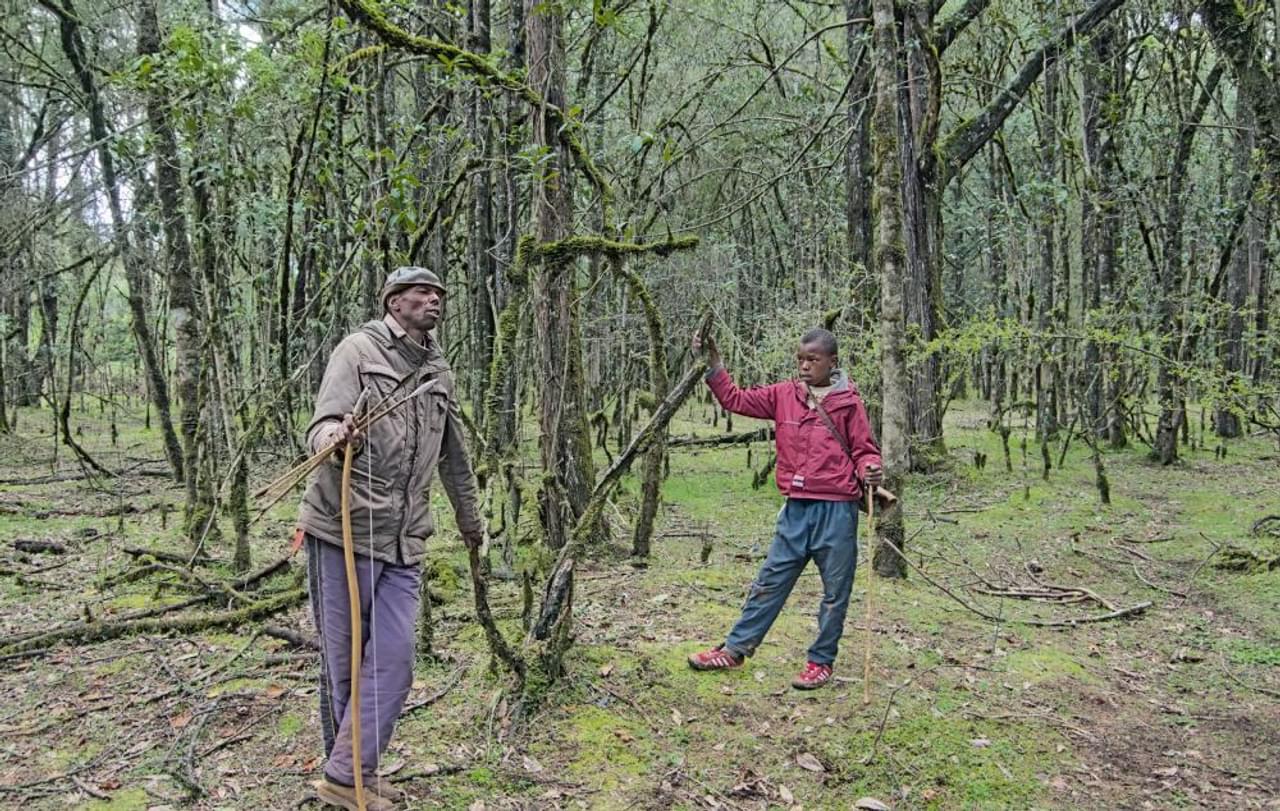Programme
Topics

Insights
Three questions with Abaas Mpindi about solutions journalism

An episode in a series of Q&A sessions as a part of our monthly newsletter "Solutions, Explained".
Explore the essence of solutions journalism and gain insights that will enhance your reporting skills. Join our newsletter to foster positive change and inspiration within the transformative narratives. Subscribe now.

In this edition, we spoke with Abaas Mpindi, one of our grantees’ mentors.
Abaas is the CEO of the Media Challenge Initiative (MCI), a Ugandan-based organisation building the next generation of journalists in Uganda. He believes that good journalism can make the world a better place through the stories journalists tell and how they tell them.
Why do you believe solutions journalism is relevant an how do you incorporate it into your work?
I believe that nobody wakes up in the morning with the intention of finding bad or negative news. You don't search for the number of murders that occurred overnight when you wake up. Human nature is not like that. We want good news. We want answers. In actuality, I think it is a human right to have access to impactful news that can help you make a good decision. Solutions journalism provides a counterbalance to the news that has long been centred around problems. In addition to wanting to know what is wrong with the world, we also want to know how people are addressing these issues.
At the Media Challenge Initiative, I integrate solutions journalism into all of our capacity-building initiatives, such as our media fellowship programme, which trains 26 young journalists in multimedia journalism over the course of 6 weeks. A fundamental component of the fellowship program is solutions journalism. Two years ago, I became aware of the difficulties my young students were having getting their solutions journalism published in mainstream media. I made the decision to launch Solutions Now Africa, a young newsroom devoted to dispelling false stereotypes about Africa through solutions journalism. After selecting a group of seven young journalists from our fellowship program, we launched the first youth newsroom dedicated to generating only solutions journalism.
Download our latest guide: "11 tough questions on how to do solutions journalism"
What valuable insights have you learned from working alongside our grantees Riffreporter and SciDev?
It has been incredibly enlightening and humble to mentor EJC grantees. I think that the grantees have taught me more than I have taught them. Here are my main takeaways:
- It is feasible to create a group of sympathetic and like-minded journalists who support solutions journalism, and this group has the power to gradually alter how journalism is done and understood.
- It is feasible that reporters who have always focused on problem stories can play a significant role in changing the practice of journalism and will make excellent ambassadors of solutions.
- Journalists must have a strong sense of responsibility for the society they cover and the readers' reactions to their stories. It matters how a story makes people feel and whether or not it gives them the tools they need to react to a world that is changing.
- I envision all of the grantees' work being displayed in a solutions journalism museum in the future. If journalists cared about the world's future, they would have to care about not only their "now readers" but also their "future readers."
You possess significant expertise in mentoring. What do you see as the main challenges facing journalists and media organisations in implementing solutions journalism?
The idea that solutions journalism is public relations, soft news, or feel-good stories is becoming more and more prevalent. I came to see that this attitude can be harmful because it breeds a bias against solutions, which undermines confidence and investment of any kind. Something needs to change in this situation. It will change, but it will take time.
The sustainability of solutions journalism is a problem, as our traditional media revenue models have generally faltered. In order to target specific funding, media innovators have been pressured to niche out their content, which is not sustainable in the business of news in the long run.
You can read more about his projects here: https://www.mciug.org/ and https://solutionsnow.africa/

